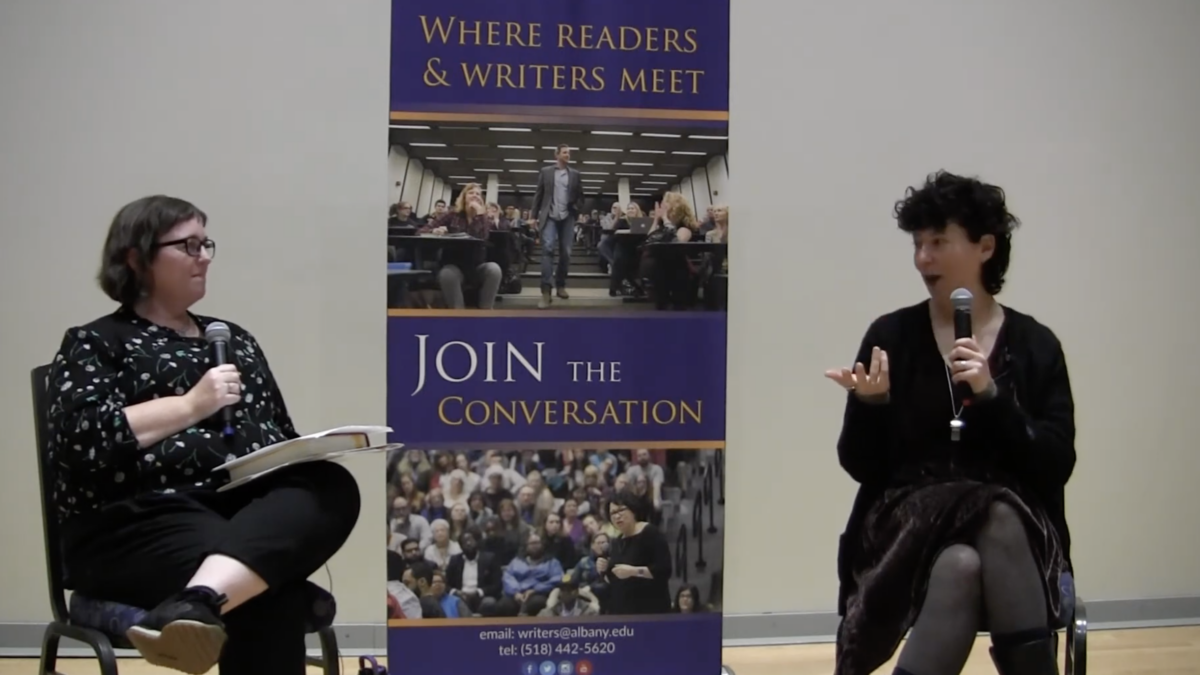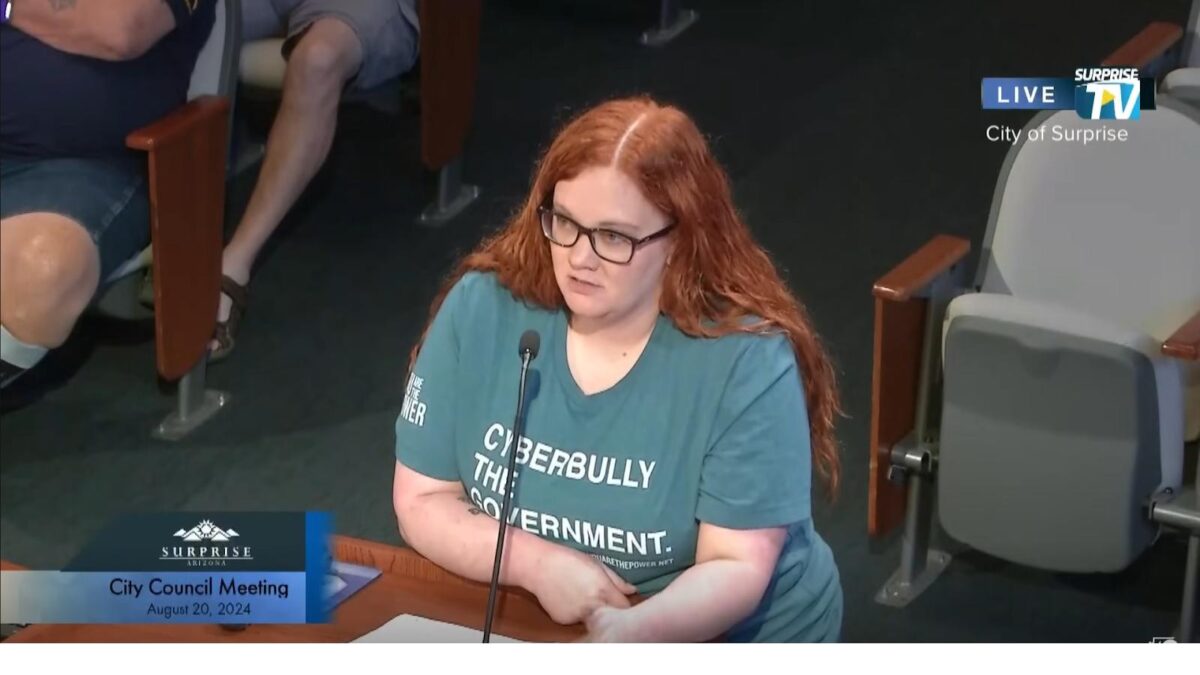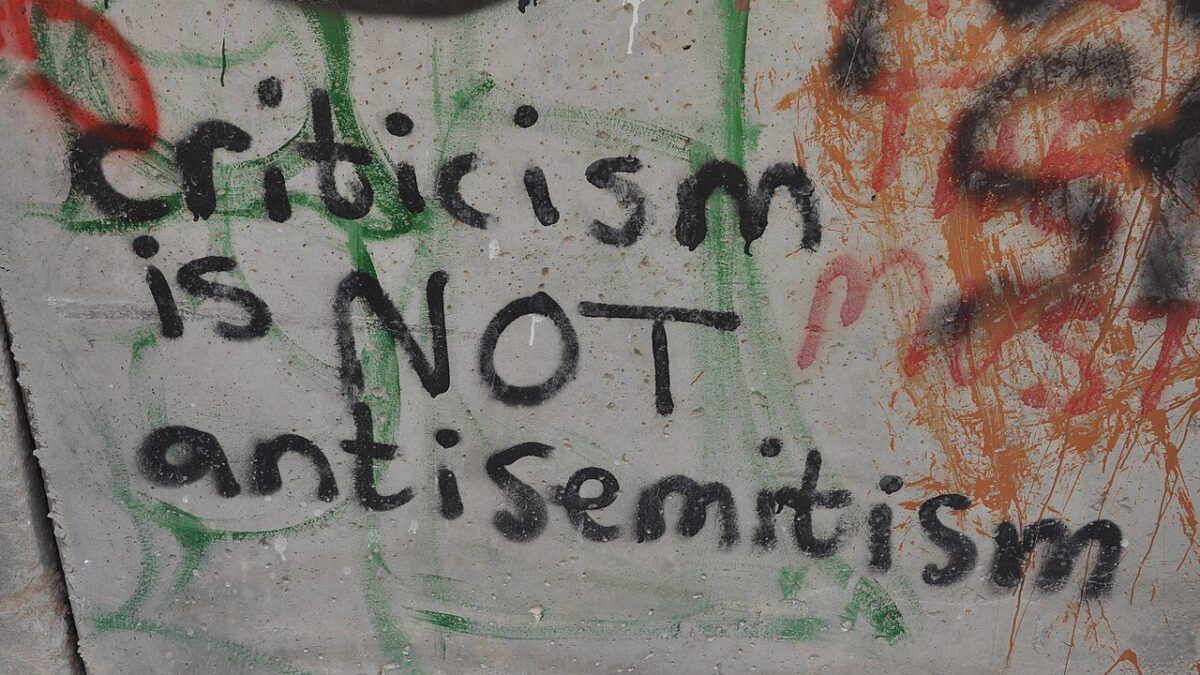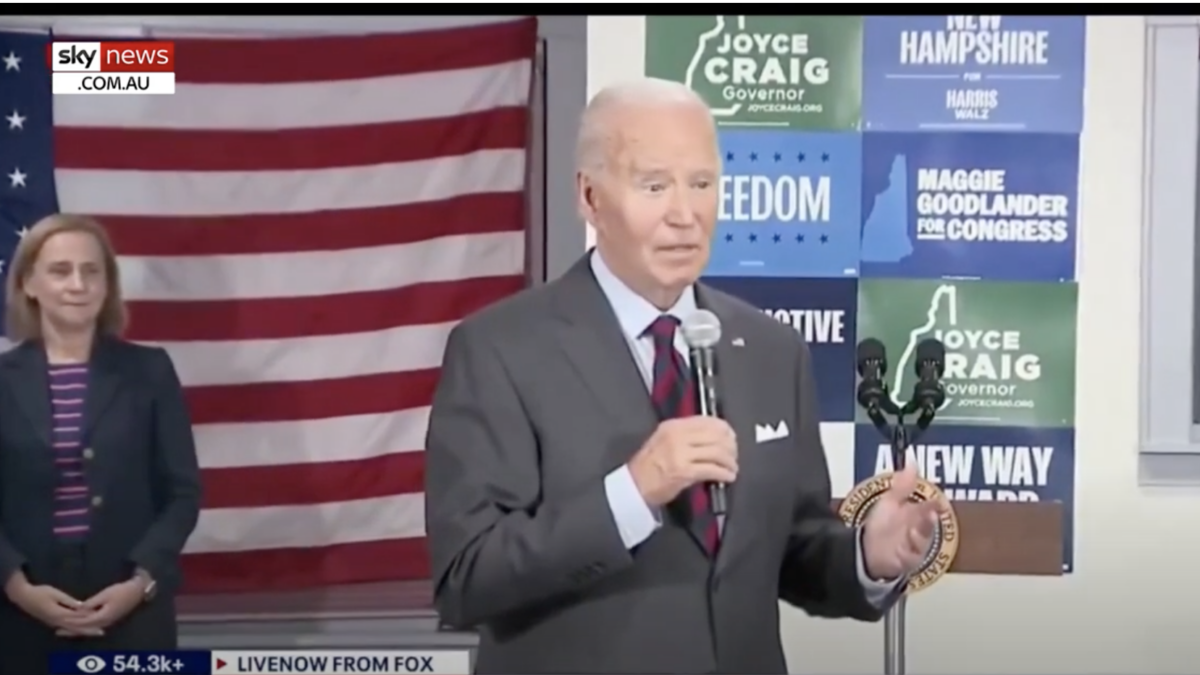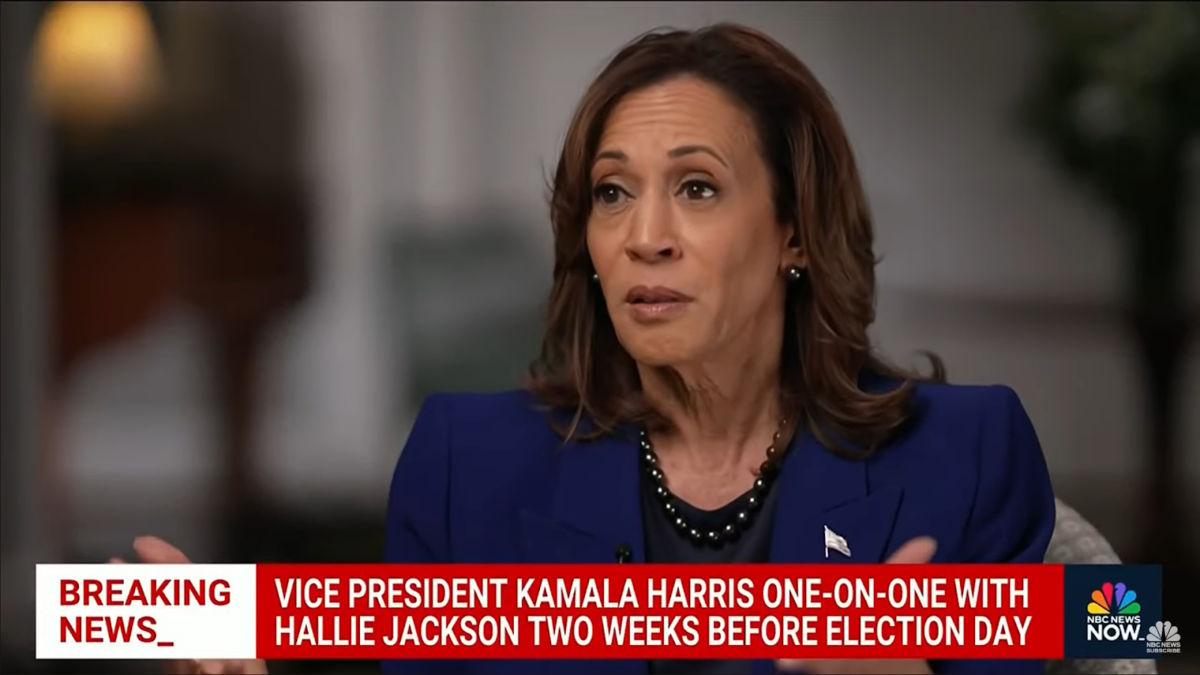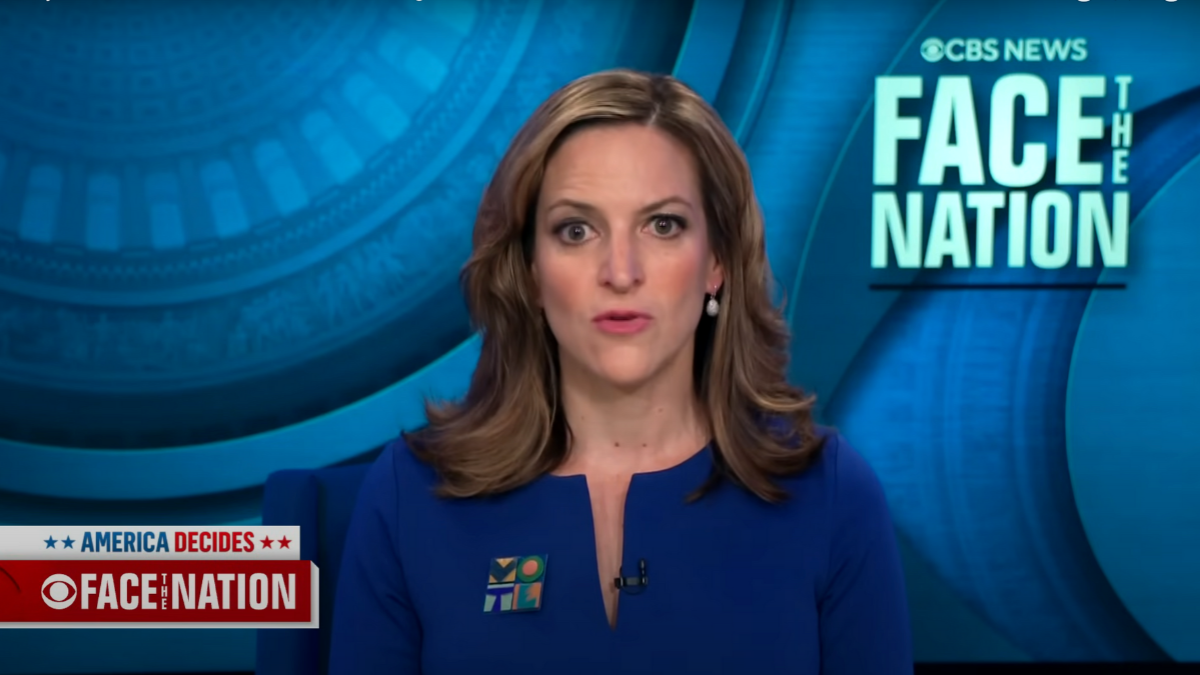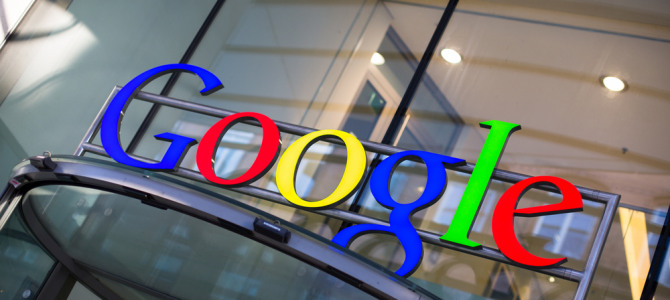
Fear of crackdown on free speech is a bipartisan thing these days. In the run-up to the 2016 election, conservatives were terrified that Hillary Clinton would ratchet up the crackdown on right of center groups seen under the Obama administration’s IRS, and particularly the exposure of even modest members of the donor class to public outcry along the lines of Brendan Eich’s experience at Mozilla. In the aftermath of the election, journalists in particular began to see free speech crackdowns in every abnormal decision of how the Trump administration treats the press – in their public animosity toward specific members of the media and networks like CNN, and their obvious favoritism toward other networks and friendly hosts. The reality is that breaking from these norms doesn’t represent a crackdown on free speech – just the whiplash of going from an administration that had many friends in the media, and so could afford to play favorites more often, to one that loves to fight with them. (Call me up when Donald Trump sits down with a YouTube star who sits in bathtubs full of milk and cereal.) For all the noise, the Trump administration hasn’t engaged in some crackdown on speech rights – people are very obviously free to criticize them, and do so all day every day.
In reality, the free speech concerns we ought to acknowledge in this day and age come not from government, but from corporations. Government has an obligation thanks to the Constitution, the law, and legal precedent to protect our free speech rights even in extreme circumstances. Corporations have no such obligation, and thanks to the power of social media and the general cowardice of institutions unwilling to protect employees or corporate interest against a mob – even a small one – rights to free speech and expression are much more easily cast aside.
What does this look like in practice? Read this story about global brands now shunning Google over reported insufficient steps toward cracking down on “hate” speech on YouTube.
Global brands including Volkswagen, Toyota and Tesco last night joined the more than 250 companies that have suspended advertising deals with Google as the internet giant apologised for failing to crack down on extremism.
ITV, Aviva and Heinz also pulled advertising from YouTube, Google’s video platform, after an investigation by The Times found the companies promoted on videos posted by hate preachers, rape apologists and homophobic extremists banned from entering Britain.
A growing number of brands have blocked Google or YouTube advertising since the revelations last week. They include Marks & Spencer, Lloyds Bank, O2, L’Oréal, RBS, the BBC, Channel 4 and McDonald’s, as well as the British government. Google does not disclose YouTube revenues, but the accounts are thought to be worth more than 50 million pounds a year.
Matt Brittin, Google’s head in Europe, apologised yesterday and pledged to tackle the issue, telling a conference of advertising executives in London: ‘When anything like this happens we take responsibility for it.’ He admitted, however, that Google did not plan to employ anybody to search out and delete extremist content. Google employees would only examine such content ‘through two lenses’, he said — when the videos were flagged by other users or detected using automated technology.
Brian Wieser, a US media analyst, downgraded Google’s stock yesterday, warning that the scandal could have global repercussions. Publicis, the world’s third largest advertising agency, said it was clear that Google had fallen short of meeting advertising standards. The French company is reviewing its relationship with Google.
Mr Brittin claimed that Google’s tools and policies worked well in most situations but admitted they needed to improve. It will now make rapid changes to its policies on advertising to “raise the bar” for what is categorised as hate speech or inflammatory content.
As well as making it easier for brands to control where adverts appear, the company will invest in technology to speed up the process of flagging and removing extremist content, he said. “We know we can do even more here,” Mr Brittin said, adding that 98 per cent of content flagged on YouTube was reviewed within 24 hours.
Now, Google is not a public platform, and of course there is all sorts of awful content that is on a daily basis flagged and removed with objections that are justified. But you can see the direction this type of story is headed. First Google will be forced to hire people to do a better job of policing its sites, tasked with removing “extremist” content – and then there will be definitional drifts in how such content is considered extreme. What is religious speech in some parts of the world will be hate speech in some other parts of the world, and then the ability to use the platforms that have come to dominate the space will be determined by the priorities of the corporations involved.
You have the right to free speech as an American – you have no right to use YouTube to do it. And the mobs that exist can form very quickly if they are offended by your presence there. Be mindful of this in the years to come.


